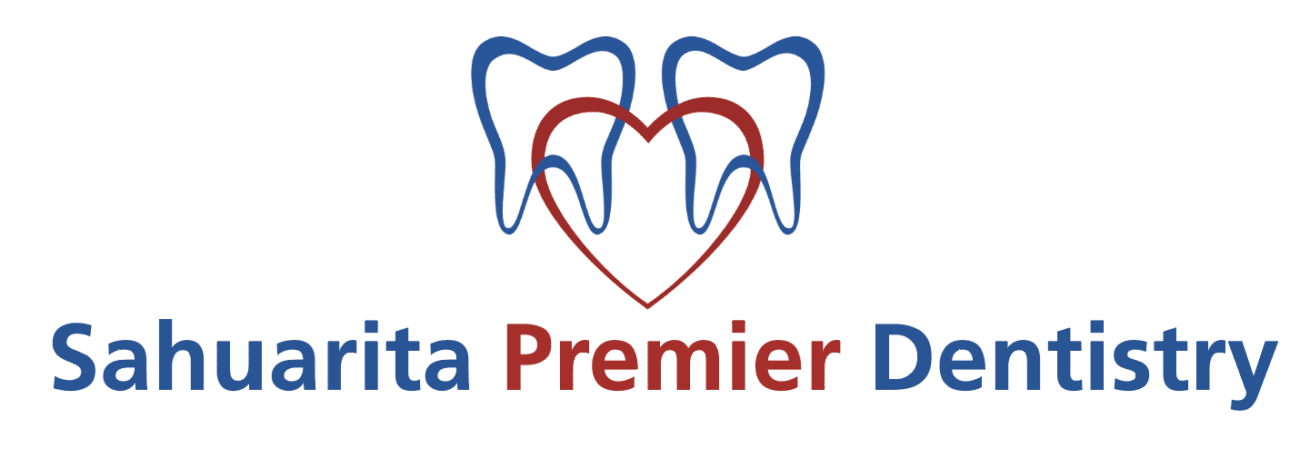Tooth extraction is a common dental procedure that involves removing a tooth from its socket in the jawbone. This procedure can become necessary for several reasons, such as severe decay, infection, or overcrowding. Proper aftercare is crucial to ensure a smooth recovery and to prevent complications such as dry socket or infection. Understanding the importance of aftercare can make a significant difference in your recovery experience.

Managing Pain and Swelling
Pain and swelling are common after tooth extraction, and they can vary depending on the complexity of the extraction. Your dentist will likely prescribe pain medication to help manage discomfort. It is important to take these medications as directed to effectively manage pain. Over-the-counter pain relievers, such as ibuprofen, can also be beneficial in reducing inflammation. Ibuprofen not only helps with pain but also addresses swelling, making it an effective choice for many patients.
Applying an ice pack to the affected area can further help minimize swelling. Do this for 15 minutes at a time, with intervals in between. This practice helps constrict blood vessels and reduce inflammation. Avoid placing ice directly on the skin, as it can cause frostbite. Use a cloth or towel as a barrier to protect your skin. Managing pain and swelling effectively can significantly improve your comfort during recovery.
Maintaining Oral Hygiene
Maintaining oral hygiene is crucial during recovery to prevent infection and promote healing. However, you must be gentle around the extraction site to avoid disturbing the blood clot. Avoid brushing the extraction site for the first 24 hours. After that, brush gently around the area using a soft-bristled toothbrush. This approach helps prevent irritation and protects the healing tissue.
Rinse your mouth with warm salt water several times a day. This simple solution helps reduce bacteria and promote healing. It also soothes the tissues and keeps the area clean. Avoid using mouthwash containing alcohol, as it can irritate the extraction site and delay healing. Alcohol-based mouthwashes can dry out the tissues, making them more prone to irritation. Maintaining proper oral hygiene during this time is vital for a successful recovery.
Dietary Considerations
Your diet plays a vital role in your recovery after a tooth extraction. Sticking to soft foods for the first few days can help minimize discomfort and protect the extraction site. Foods such as yogurt, applesauce, and mashed potatoes are good options because they require minimal chewing and are less likely to irritate the area. Avoid hot, spicy, or crunchy foods, as they can irritate the extraction site and disrupt the healing process. These types of foods can also dislodge the blood clot, leading to complications. Drink plenty of fluids to stay hydrated, but avoid using a straw. The suction created by using a straw can dislodge the blood clot, leading to a painful condition called dry socket. Proper dietary considerations can support your body’s natural healing process and reduce the risk of complications.
Recognizing Signs of Complications
Monitoring your recovery for any signs of complications is important. Persistent pain, swelling, or bleeding could indicate a problem that requires attention. Contact your dentist if you experience these symptoms, as they may need to evaluate the extraction site. Fever or chills may signal an infection, and you should seek medical attention if they occur. Bad breath or a foul taste in your mouth could indicate a dry socket, a condition where the blood clot becomes dislodged. Prompt treatment is necessary to prevent further issues and ensure proper healing. Being vigilant about recognizing signs of complications can lead to timely intervention and a better recovery outcome.
Follow-Up Appointments
Attending all scheduled follow-up appointments with your dentist is crucial for ensuring proper healing. These visits allow your dentist to assess the extraction site and check for signs of infection or other issues. During these appointments, your dentist may recommend additional cleaning or treatment to promote healing. Follow their recommendations for continued care, as adhering to these guidelines promotes a successful recovery. Regular follow-up appointments provide an opportunity to address any concerns you may have and ensure that your recovery is on track.
At Sahuarita Premier Dentistry, we are dedicated to helping you maintain your oral health. Proper aftercare following a tooth extraction is crucial to avoid further complications. Contact our office today to schedule a consultation and learn more about the extraction process.
